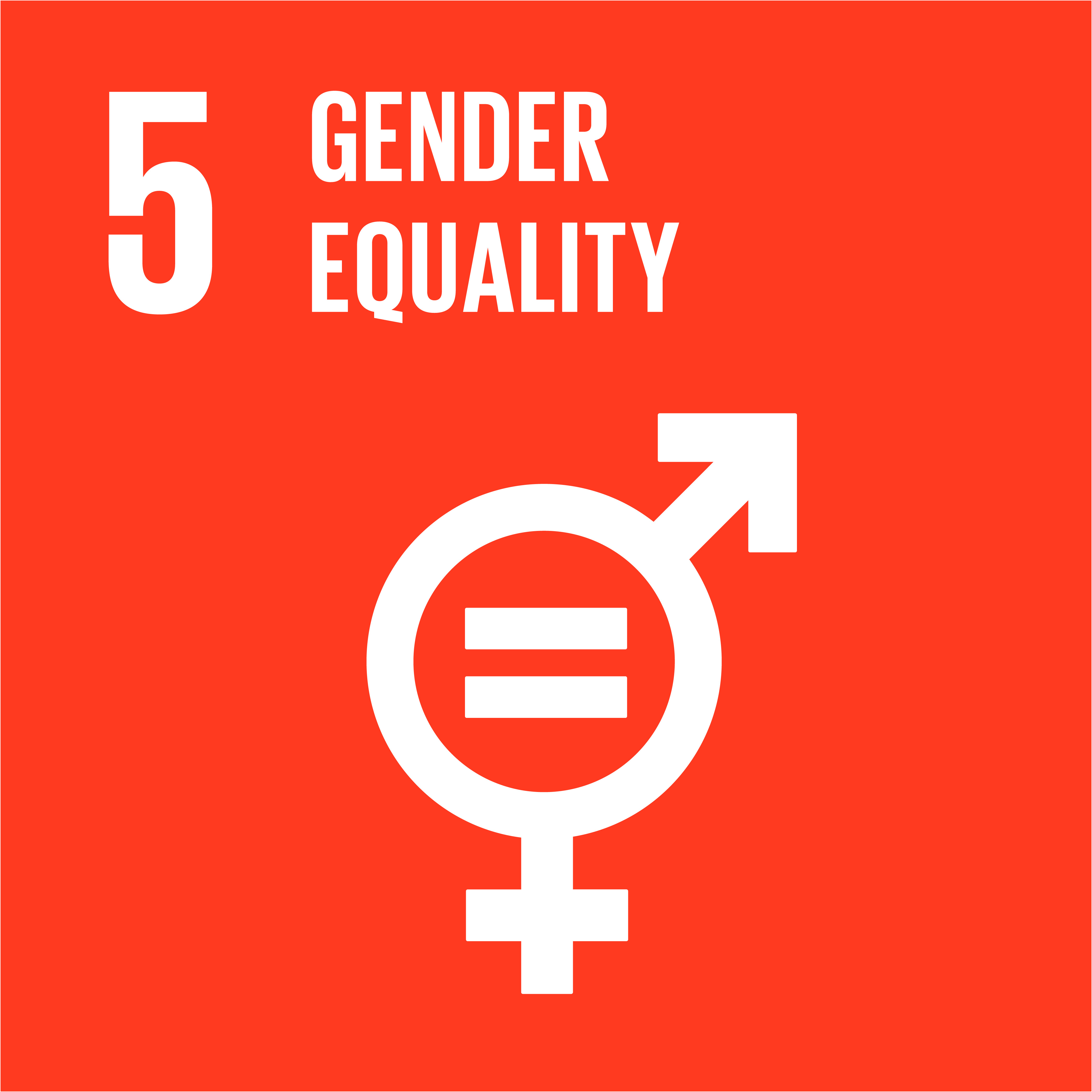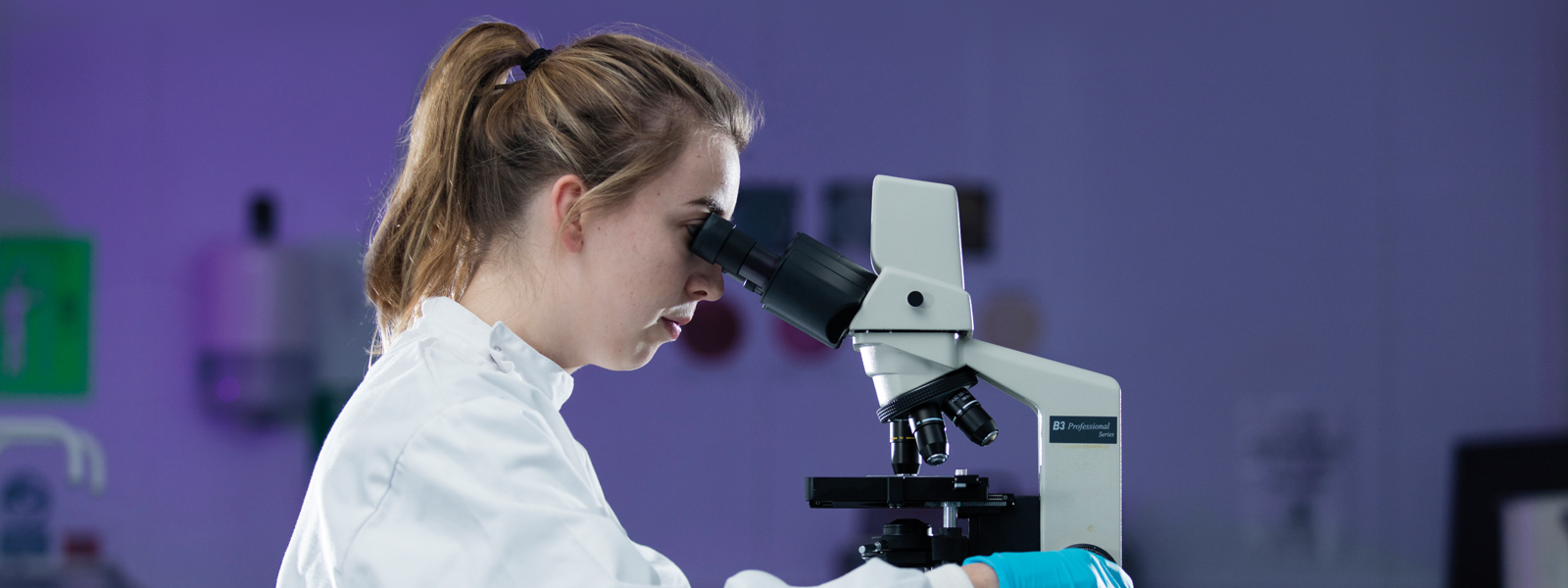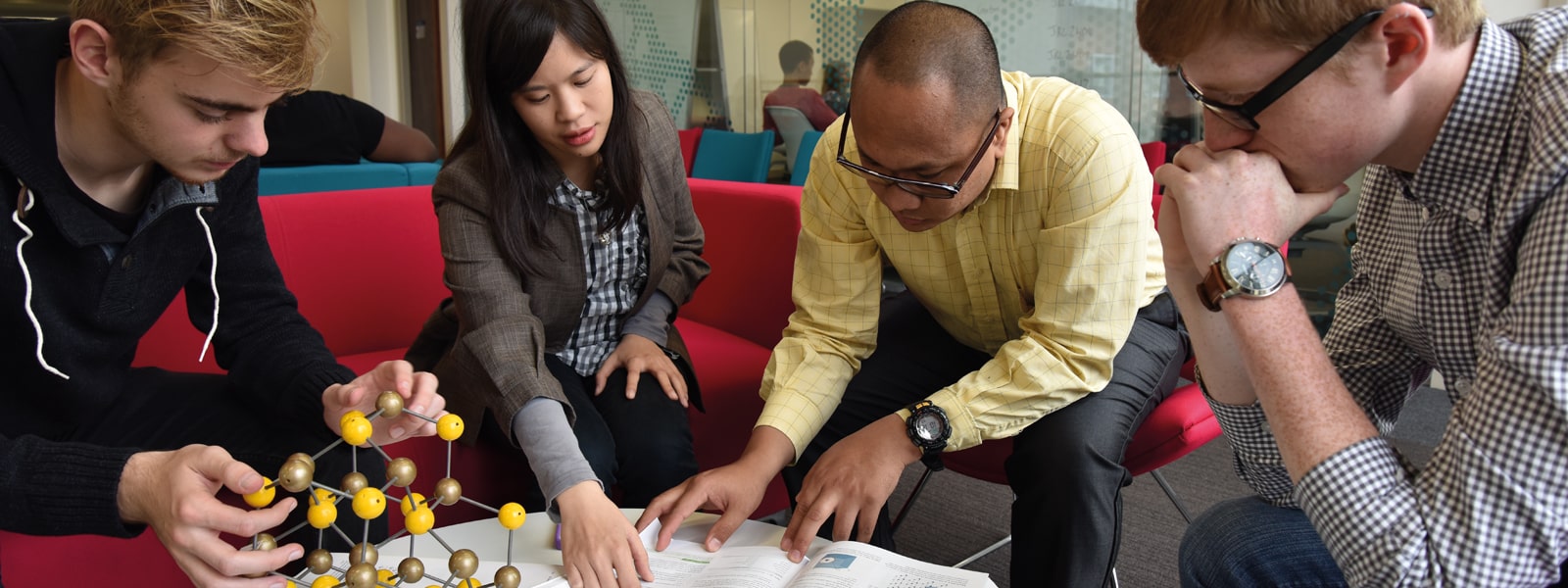UN SDG 4: Quality Education
Ensure inclusive and equitable quality education and promote lifelong learning opportunities for all.
SDG Outputs
We had 39 outputs relevant to this SDG in 2022 according to SciVal and 34 in 2021. See for example:
Jerome, L. and Kisby, B. (2022) Lessons in character education: incorporating neoliberal learning in classroom resources. Critical Studies in Education 63
https://doi.org/10.1080/17508487.2020.1733037
Liao, Y.-K. et al. (2022) Unveiling the role of entrepreneurial knowledge and cognition as antecedents of entrepreneurial intention: a meta-analytic study. International Entrepreneurship and Management Journal 18 1623-1652
https://link.springer.com/article/10.1007/s11365-022-00803-8
Overview
The University of Lincoln is listed in the world’s top 150 universities in the Times Higher Education’s (THE) Young University Rankings 2024, and hold a five-star score overall in the QS Stars rating system of global universities. We strive to offer teaching underpinned by a vibrant research culture, and we are proud of our Student as Producer approach to teaching, learning, and engagement which emphasises the role of students as collaborators in the production of knowledge.
The University of Lincoln has also been supporting education in Lincolnshire for 20 years and for most of that time we have worked closely with schools on a range of initiatives and many of our staff has worked as governors or trustees of schools. We have shown our strong commitment to education for all across Lincolnshire through our leadership in the development of the University Academy Holbeach the Lincoln University Technical College, and the Lincolnshire Institute of Technology.
University Academy Holbeach
In 2011, the local authority in Lincolnshire asked the University to become a sponsor of the new secondary academy in Holbeach. The academy has merged on the Holbeach site, the existing school in Holbeach with the secondary school in Crowland, which it had been managing for three years.
Our experience of sponsoring the University Academy Holbeach has been extremely positive with the academy growing particularly at sixth form level and providing a very rich and broad curriculum for all students ranging from A Level to apprenticeships, with extended study periods outside normal hours and extensive extra curricular activities. This has produced excellent outcomes with very good student progress through the hard work of a very ambitious and committed group of staff. There are excellent facilities following a £9 million building programme and genuine innovation in the academy, for example all students having iPads to support their learning.
Promoting Excellence in Education
The Lincoln UTC was set up to promote excellent science and technical education to 14-18 year olds in the heart of Lincoln and was set up with the University as an anchor partner providing expertise and facilities alongside Siemens and other engineering businesses in Lincoln. The Lincolnshire Institute of Technology (LIOT) is a collaboration between the University, 7 further education colleges across Lincolnshire and industrial partners, and has the aim to provide world-class technical education to meet the needs of industry, focusing specifically on providing training between levels 3 and 5.
Lincolnshire Learning Lab
Lincolnshire Learning Lab is a group set up to help improve the learning of all children and the working environments for teachers within Lincolnshire. The purpose is to bring academic rigour and evidence-based research into the classroom by engaging the three key stakeholders – teachers, academics, and anyone involved or interested in the education system, such as parents and educational consultants.
Mobile Arts for Peace
The Mobile Arts for Peace Project, led by the University's Professor Ananda Breed, is a four-year international, multidisciplinary project which provides a comparative approach on the use of interdisciplinary arts-based practices for peacebuilding in Kyrgyzstan, Rwanda, Indonesia and Nepal. It is a collaborative project between universities, cultural artists, civil society organisations, and young people across the world.
The PRME Agenda
Explore More

,Education.jpg)



